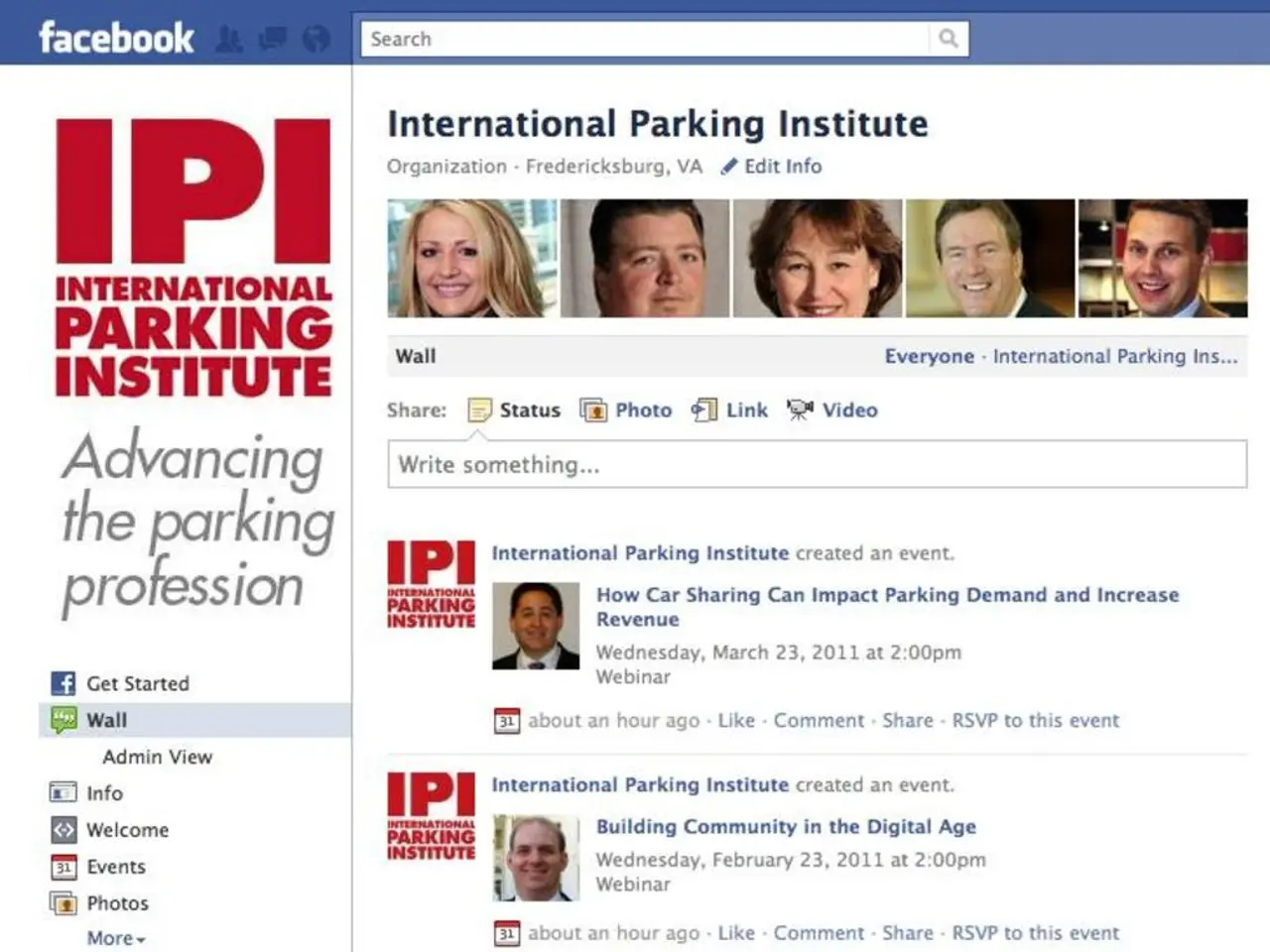Strategies to Break the Cycle of Constant Catch-Up
In today's fast-paced world, the constant struggle to catch up on work and other responsibilities is a common experience for many. One individual, for instance, found themselves regularly spending weekends and extra time catching up, citing reasons such as making the week ahead easier, making more money, taking vacations, proving hard work, and feeling guilty for falling behind.
However, it's essential to understand that catching up is not just about doing tasks one should have done earlier. It's a state of being for those who have too many tasks. The illusion of catching up is the belief that if one takes a full day, weekend, or week to abandon all enjoyable activities and focus on catching up, they can get everything done and feel better. But the reality is that catching up never ends, as there will always be more.
The author initially thought it was their fault for not keeping up or not matching their pace to their obligations. But as they delved deeper, they realised that the remedy for constantly catching up is not doing more, but doing less, owning less, and caring less.
To end the endless cycle of catching up and find relief from the chronic feeling of falling behind, key strategies include shifting your mindset, prioritizing meaningful tasks, and practicing self-compassion.
Adopting a growth mindset, believing that skills and progress improve with time and practice, reduces the pressure and reframes setbacks as learning opportunities. Practicing self-compassion and patience is also crucial, as it involves being kind to oneself, recognizing that everyone struggles sometimes.
Prioritizing and delegating tasks is another effective approach. Focus on the tasks and goals that align most with your values and bring meaning, and delegate or drop less important responsibilities. Setting realistic, aligned goals and tracking progress also helps build motivation and counteracts the feeling of continuously falling behind.
Closing loops consciously, giving yourself permission to rest and pause, is necessary to sustain productivity and mental health. Communicating and seeking support from colleagues, managers, or loved ones can also relieve isolation and find practical help or adjustments.
Letting go of the need to keep up with social media, entertainment, and the latest trends can lead to a more relaxed and fulfilled life. Declaring email bankruptcy, deleting social media apps, addressing fear of missing out, and letting go of what others think are ways to let go and start fresh.
In conclusion, the endless game of catching up can be ended by adopting a mindful approach to work, prioritizing self-care, and cultivating a growth mindset. It's a process that requires patience and kindness toward oneself as you gradually build resilience and regain control.
- Engaging in self-care activities such as health-focused routines, personal-growth exercises, and lifestyle choices can provide relief from the constant struggle to catch up.
- Incorporating activities that promote relaxation, like music or movies, during leisure time can help reduce stress and improve overall well-being.
- Exploring education-and-self-development resources may provide valuable insights and strategies for managing time more effectively, reducing the need to constantly catch up.
- Embracing the concept of "enough" and focusing on what brings true enjoyment, like entertainment and games, can lead to a more balanced and satisfying life.




